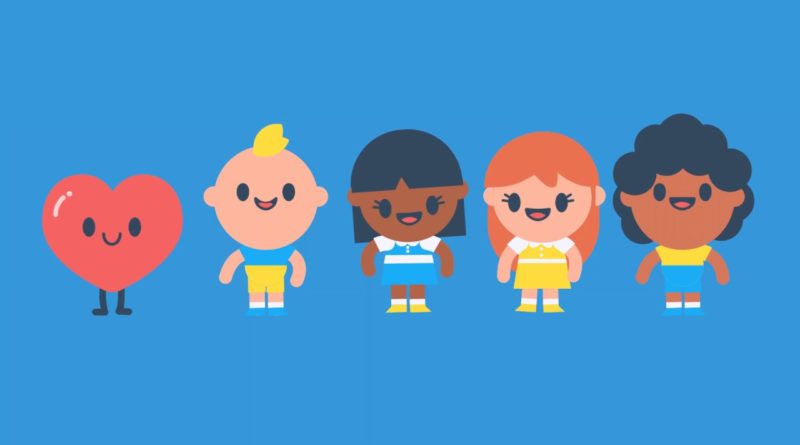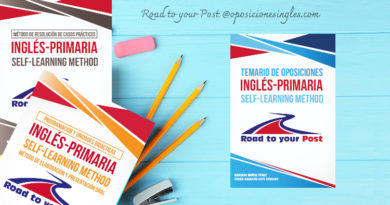Valentine`s Day. Fun with songs in the FL classroom. Developing pronunciation through songs.
Valentine`s Day. Fun with songs in the FL classroom. Developing pronunciation through songs.
Source: https://www.youtube.com/watch?v=J9QeCrgZRIA
-The Kiboomers
I Have a Little Heart | Valentine | Valentines Day | The Kiboomers | Kindergarten | Toddler
More information:
www.oposicionesingles.com
https://shop.oposicionesingles.com/
Follow us: https://www.facebook.com/OposicionesInglesRP/
More about Road to your Post: oposicionesingles.com
“Explain the way in which you intend to develop your learners´ phonological competence in an integrated didactic unit.”
The FL objectives (FLO) this unit specially contributes to are: FLO 1, related to listening comprehension; FLO 2, concerned with oral expression and interaction; FLO 5, dealing with the use of knowledge and learning technologies; and finally, FLO 9, directly aimed at the identification and practice of phonetic aspects, like stress, rhythm an intonation.
The development of phonological competence is mainly covered in content blocks number 1 and 2, comprehension of oral texts and production of oral texts respectively. In more practical terms, in block one students shall be challenged to understand lyrics in a song; participate in the songs´ related work; as well as sociocultural and sociolinguistic aspects.
The concretion of what students are expected to achieve along the unit implies considering the evaluation criteria and their specifications in the learning standards. Therefore, in this sequence of activities my students shall identify essential information in songs; learn about some sociocultural aspects; recognise basic sounds and rhythmic patterns in intonation; and make a brief presentation and description of this day”.
In addition to an adequate curricular connection, the PCS should give evidence of updated methodological knowledge to be taken to practice with children. The following example refers to a PCS question related to Content and Language Integrated learning (CLIL).
“The last trend regarding the links between content and FL is that of content and language integrated learning (CLIL) which according to Coyle and Marsh (2011) is a dual-focused educational approach in which an additional language is used for learning and teaching of both content and language”.
There are some common methodological principles to all CLIL interpretations which are not just specific of this approach; rather they are embedded in positive educational practice. Some of these principles are the following:
Creating a positive learning environment by fostering students´ confidence through achievable yet challenging activities. Similarly, CLIL requires a free-anxious atmosphere, providing them with the opportunities to experiment with the FL and content, understanding that error is an unavoidable element of learning.
Promotion of active learning and co-operative work.
Scaffolding to providing individualised support according to the learners´ ZPD (Zone of proximal development) to facilitate their ability to build on existing knowledge and thus internalise new information.
Enhancement of authentic learning, presenting language and content in meaningful contexts”.
Along the examples in chapter three, we shall pay special attention to the methodological orientations in the different PCS. However, we should always have in mind the main aim in FLT, the development of the learners´ abilities to develop their communicative competence in real life situations.
https://shop.oposicionesingles.com/
More information about us:
facebook.com/OposicionesInglesRP/
Twitter: @OposIngles
https://twitter.com/OposIngles
Instagram: https://www.instagram.com/oposiciones_ingles




